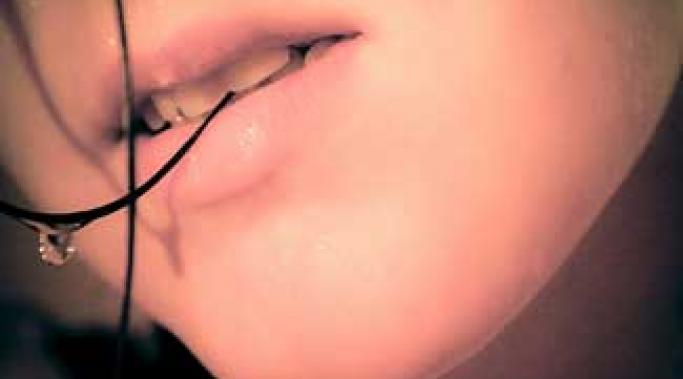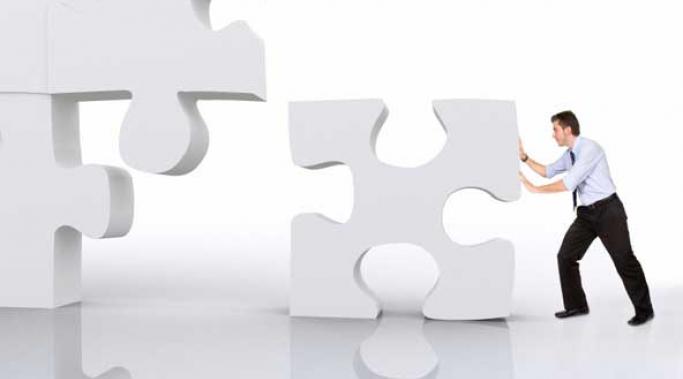Blogs
I live in an apartment complex for adults with severe mental illness--too healthy for a group home, too sick for independent living. This makes dealing with my neighbors difficult. Today, I had to deal with a neighbor I suspect has both BPD and Narcissistic Personality Disorder (NPD).
I'm Sandy Rosenblatt. I have trichotillomania and I want to come clean about something.
When I first decided to blog about trichotillomania, I was very clear with myself. I knew what I would write about and what I wouldn’t. I knew I had no problem being vulnerable, sharing my own story. I also had no issue writing blogs that were fact-based. I did, however, make a conscious decision of what I, 100%, would not include. I was not going to write a single sentence about one of the possible behaviors that one may have with trichotillomania. I was absolutely NOT going to include anything about eating hair. (trichotillomania symptoms)
Living with bipolar disorder – the drastic ups and downs, the intense emotions – can cause confusion, desperation, and hopelessness regarding what you want to do with your life. Finding your identity while living with bipolar is a rollercoaster. One minute, you're on top of the world, feeling as if anything can be accomplished, and a second later, hopelessness, despair, and inferiority take over (Living With Rapid Cycling Cyclothymia). How do you clear your mind of the “bipolar thoughts” – those automatic, obsessive intrusive thoughts that penetrate your mind? How do you see through that fog of intensity to find what it is you're meant to do? How do you find your identity when bipolar causes constant brain shifting?
One of the most controversial things the latest version of the Diagnostic and Statistical Manual of Mental Disorders (DSM-5) did was remove the bereavement exclusion from the depression diagnosis. Previously, people grieving the loss of a loved one couldn’t be diagnosed with depression for two months after the loss. Now, however, this is no longer the case. Now, even a person grieving the loss of a loved one can be diagnosed with depression.
And some people say this is a further medicalizing of normal emotion. I, however, would argue that there was a good reason for this change and that skilled clinicians can tell the difference between grief and depression. Here are some ways grief and depression differ.
How does an eating disorder relapse begin?
For years, my eating disorder left me starving for more than just food. During episodes of restriction, binging and purging, I was also starving to share the truth. I was coming to the realization that I was bulimic, but I lived in fear of being labelled crazy if I spoke out. So, instead, I told myself lies, which unchecked, was a secret that could have killed me in the long run. (read: Secrets in Eating Disorder Recovery)
Being a woman has many advantages. We can have long hair; we can have short hair. We can wear heels; we can wear tennis shoes. We can have cats; we can have dogs. We can have Adult ADHD; we can not have Adult ADHD. I'd really like to talk about the benefits of having cats versus dogs (I'm a cat person big time), but let's talk about the last one. It makes sense, right? This is a blog about Adult ADHD after all ... let's talk about being a woman with Adult ADHD.
Talk about depression? Why? It’s no secret that the stigma of depression (and other mental illnesses) can be debilitating. Hiding the reason we are sick takes as much out of us as the sickness itself. Imagine a world where we could freely tell our loved ones, friends, co-workers and bosses the truth. Imagine a world where we could talk about depression.
Sometimes we may feel like therapy is impossible. But is the problem in our perception of the task at hand? More Than Borderline's Becky Oberg talks about how working in therapy can be like pushing a boulder.
Right off the bat I'll say this: It's incredibly important in treating posttraumatic stress to have a completely strategized mind/body approach. In order to really heal both aspects of who you are need time, attention, focus and respect.
And yet, there's also great value in separating them out.
It’s the sad truth, but celebrities have taken over the world. For some reason, we find it interesting that Kim Kardashian named her daughter North West and we continue to watch re-runs of Jersey Shore even though we know it’s killing our brain cells. Celebrities take us away from the realities we live in and, sometimes, it is a positive way to escape.
However, what happens when the paparazzi puts up photos of a celebrity with cuts on his or her arms (self-harm scars)? How do the fans react to the self-harm of celebrities?








